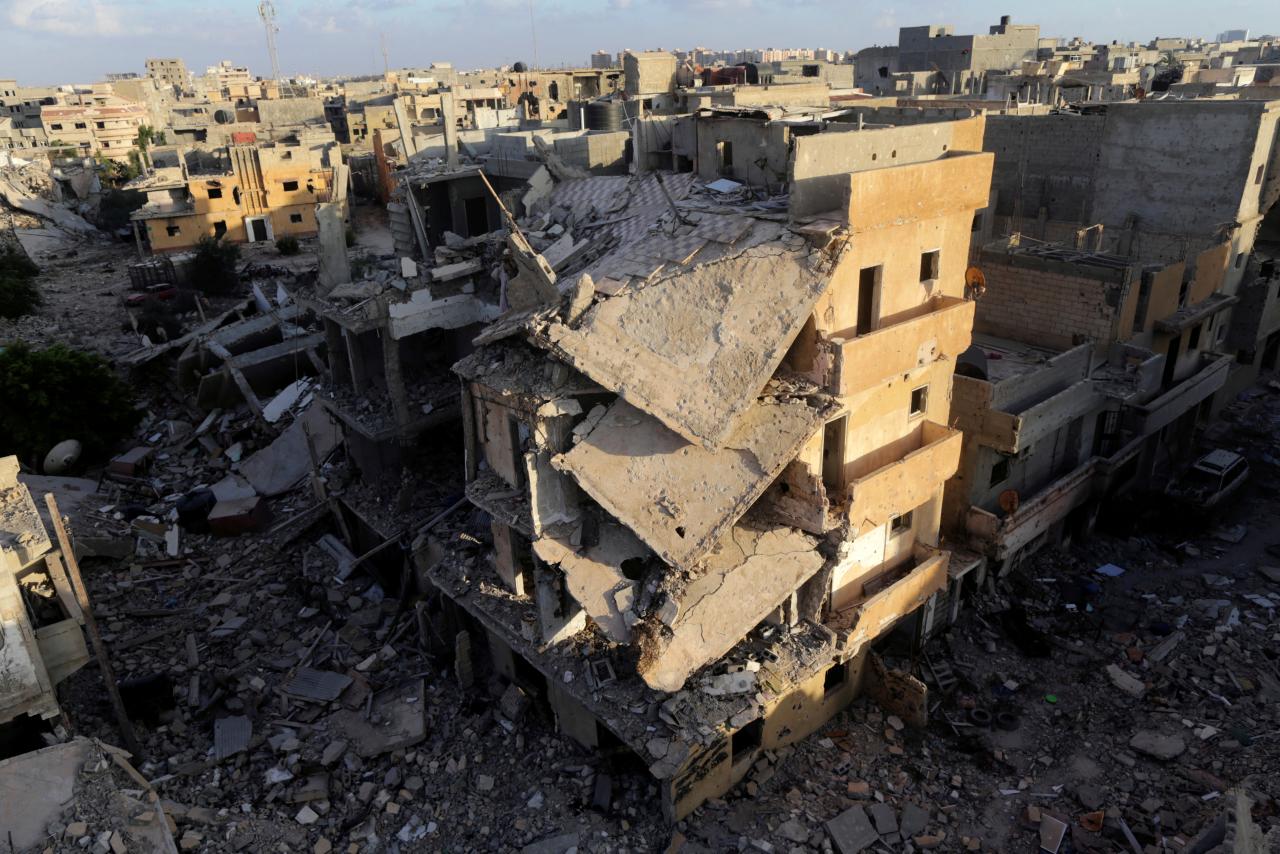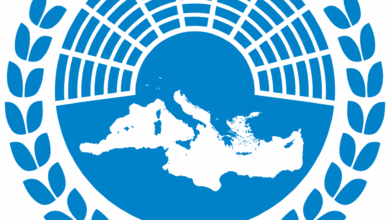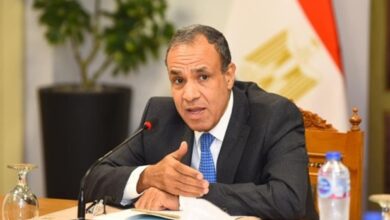
Thousands of migrants displaced by fighting on Libya’s northwestern coast are in urgent need of medical help, the head of a detention center in the town of Gharyan said on Thursday, describing their situation as “tragic”.
Some 5,800 migrants had arrived at the center since fighting broke out last month in the coastal city of Sabratha, previously a launch pad for crossings to Italy. About 2,000 people have already been sent on from Gharyan to other centers in the capital, Tripoli.
“The situation is very tragic…disastrous. There’s a lack of support,” said Abdulhameed Muftah, who runs Al-Hamra dentition center in Gharyan, about 80 km (50 miles) south of Tripoli.
The clashes in Sabratha resulted in the withdrawal of an armed group that said it had begun blocking migrant departures from Sabratha, under intense pressure from Italy. Sabratha was previously the foremost smuggling hub for migrants attempting to cross the Mediterranean.
U.N. agencies have been struggling to provide support for thousands of mainly sub-Saharan African migrants stranded after the fighting.
Many have been taken to centers such as the one in Gharyan, which are nominally controlled by the UN-backed government but notorious for widespread abuse and poor conditions. Humanitarian workers have limited access.
Al-Hamra consists of about a dozen hangars, each meant to hold up to 150 people.
About 70 percent of the migrants brought to the center needed medical attention and were not receiving it, Muftah said. One migrant clinging to the bars of the door of one the hangars called out as a reporter passed, saying “Please. We’re dying, we’re dying”.
Muftah said there were many children and some pregnant women in the center, several of whom had given birth since arriving.
“We appeal to all international organizations and the Libyan state to consider the humanitarian condition of these migrants,” he said.
The condition of migrants was also raised with Libyan authorities by the UN High Commissioner for Human Rights, Zeid Ra‘ad Al Hussein, who visited Libya on Tuesday.
“I call on the government to establish alternatives to detention in Libya, to halt the practice of arbitrary detention, and to ensure accountability for the abuses perpetrated against migrants in detention centers,” he said in a statement on Thursday.
He called for human rights monitors to be given access to detention centers where thousands of Libyans have been held for years without judicial process, citing “horrific reports” emerging from some of them.




